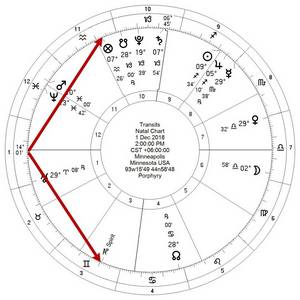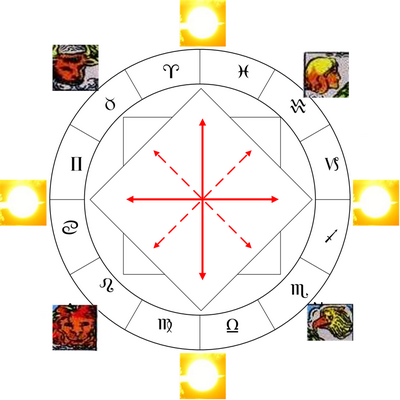The Great Wake-Up Call
Late last year and earlier this year I saw more than a few astrologers talking about the wonderful coming days of a Great Awakening, or a Great Reset – always painted in golden tones as if we were on the verge of a Higher Consciousness and an era of true Peace, Equality and Love.
“This is the dawning of the Age of Aquarius… “
After spending time examining the Ingress charts of the quarters of this year, and watching the news roll by – I think we might indeed be on the verge of a Great Awakening of a different kind.
It’s the kind of awakening you get when you wake up one morning and find out your spouse has been having an ongoing affair for years with your best friend. There is the horrible shock, the sinking feeling in your gut and sense of vertigo while your sense of security collapses, and that horrible realization –
“I’ve been lied to. The people I have depended on the most have been lying to me and have betrayed me.”
Something like that – except this time it’s not a spouse or a friend that betrayed and lied to us. That’s our coming Great Awakening – what I’m calling, The Great Wake-Up Call. It’s not pretty.
The Libra Ingress 2021
The observations I am making here are coming out of examining the Ingress chart for Libra this year. This is part of a larger project I am doing of reading ingress charts in a way that that applies to the whole world – leaving out the local Ascendant and Midheaven, and using the cardinal points, 0 degrees of the four cardinal signs, as being like axes or angles for the entire world. Continue reading “The Great Wake-Up Call”









